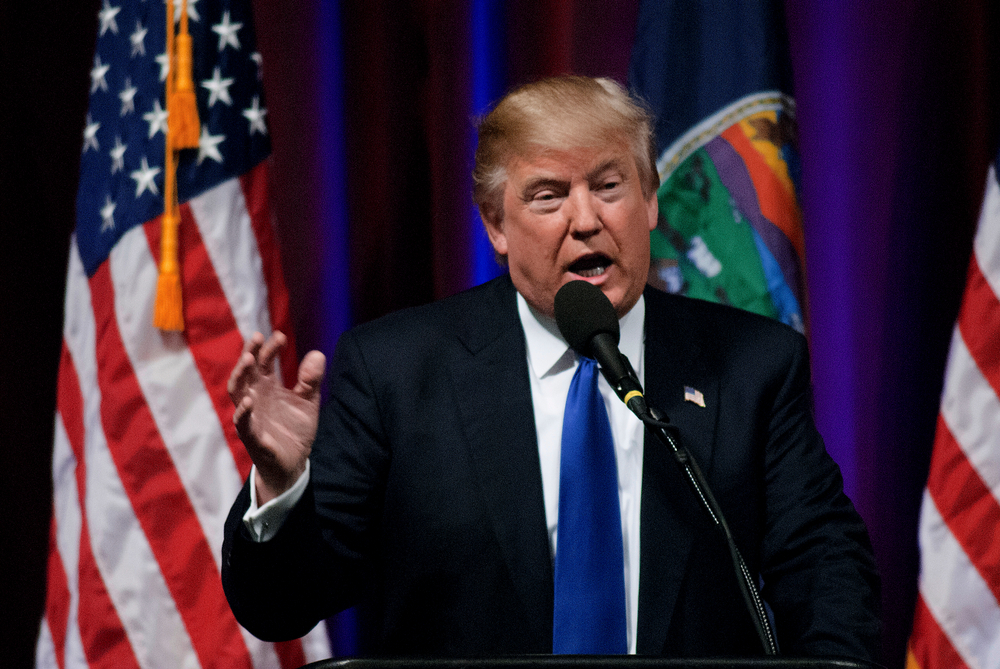by Jalil Bayat
Iran began the second stage of rolling back its nuclear commitments on 7 July, by increasing its uranium enrichment levels from the 3.67 percent limit stipulated by the 2015 Joint Comprehensive Plan of Action (JCPOA). This was in fact in response to the U.S. withdrawal from the JCPOA fourteen months ago. Iran waited those fourteen months to give the other signatories to the deal time to neutralize the impact of sanctions that the U.S. reimposed when it quit the deal. As this did not materialize, Iran was forced to begin its stage by stage withdrawal from the JCPOA under its sections 26 and 36.
However, with every step Iran takes to withdraw from the deal it seems new negotiations with world powers become more likely. All parties must prepare for a new round of talks.
On 21 May, I wrote that the two-step strategy adopted by Iran would lead to new talks in due course. Iranian authorities are now indicating that talks could be possible, under one condition. In a telephone conversation with French President Emmanuel Macron on 6 July, Iranian President Hassan Rouhani said the complete lifting of sanctions could be a new start for Iran and the P5+1. This stance was reiterated by Iran’s deputy foreign minister, Abbas Araghchi, and government spokesperson Ali Rabiei. Araghchi clearly stated the U.S can participate in talks with Iran and the JCPOA’s remaining signatories—provided it lifts the sanctions.
Iran is aware that a continuance of the status quo is not desirable. The pressure of sanctions will only hurt its economy further. Iran’s leaders have concluded that the European Union is unable to counter U.S. pressure and they cannot rely on Europe’s “special purpose vehicle (the “Instrument in Support of Trade Exchanges” or INSTEX) or any other options to shield Iranian commerce from sanctions. Also, Iran’s continued resistance could bring Donald Trump to the end of his tether and complicate the tensions between the two countries on a broader scale in the region. So Tehran’s slow withdrawal from the JCPOA is meant not to end the nuclear accord, but to strengthen Iran’s position in any future negotiations.
In turn, the U.S. can lay the groundwork for a new round of talks by lifting or reducing the sanctions. The ball is in Donald Trump’s court. He must be aware that only a lifting of sanctions, and not more sanctions pressure, will bring Iran to the negotiating table. Maximum pressure may hurt Iran’s economy and people, but it will not change the Supreme Leader’s approach. Analysts such as John Mearsheimer even believe that this policy could lead Iran to conclude it must have nuclear weapons.
Trump must also stop insisting on negotiations over Iran’s missile program. That program has been described as Iran’s “red line” by its Supreme Leader, Ayatollah Ali Khamenei, which makes it very difficult if not impossible for Iranian leaders to concede parts of it to the United States. Both Iran and North Korea have learned their lesson from the episode of Muammar Gaddafi in Libya not to give up their power tools easily. Gaddafi had halted Libya’s nuclear program under U.S. pressure and sanctions and was ousted a few years later by a U.S.-backed rebellion, after a series of domestic protests and foreign interventions.
Trump should adopt a realistic approach and start negotiations over less contentious issues. Success in those areas could build confidence for subsequent negotiations over more serious issues. That said, recent hostile incidents in the Persian Gulf have increased tensions between Tehran and Washington and made it more difficult to open new negotiations. And more importantly, the Iranians have made it clear that there can be no new negotiations so long as crippling U.S. sanctions remain in place.
If Trump is seeking a new agreement with Iran, the door is open for diplomacy. The question is, will he decide to walk through it?
Jalil Bayat is a PhD candidate in international relations at Tarbiat Modares University in Tehran.






If Trump it the Trio would like to see more tension in the ME region, I believe Iran should really give it to him! First reclaim Bahrain as the sovereignty of Iran at the UN asap. Then iran should expand its nuclear program and this time take it all the way to end point. Let’s have some fun with the SOB’s!
Trump need not take any step, just keep sanctions tight and watch how those miserable Mullahs and their terrorist Guards crawl and beg for negotiation. To save their fascist regime they willingly would give away even their mother, wife and children, because without regime and its savageries they know their destiny would be way worse than that of Sadam Hussein and his forces.
@DN,
You could be very uninformed of the current events and perhaps you need to dig in a little below the surface. SOS Pimpeo is desperately knocking on every F’ing door hoping to find an open path for him to travel to Tehran. Oftadan be khayeh Mally of their friends because the retired General Dunford have told the Trio in writing that it would be very stupid of them for starting a war with Iran because they won’t be able to bring it to a conclusion much worse than those wars in Afghanistan and Iraq. Tehran is holding the cards and acting very calmly and collectively. Sorry to disappoint you.